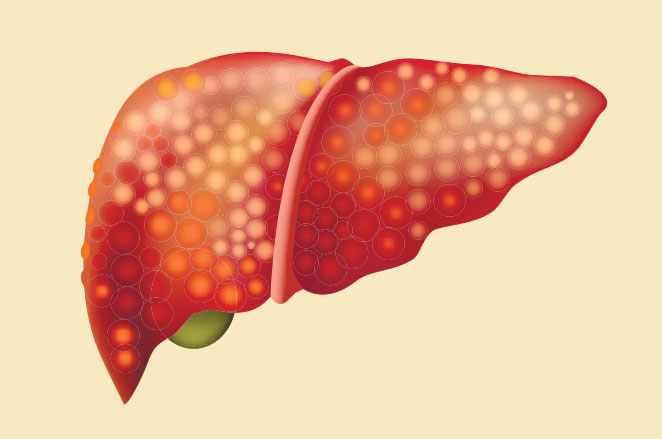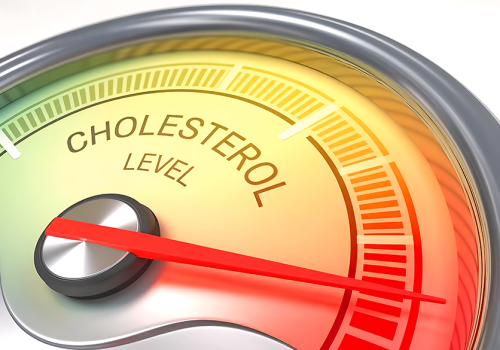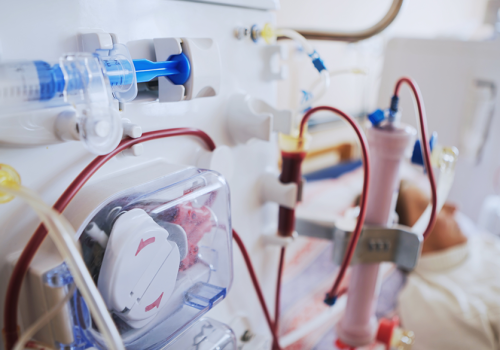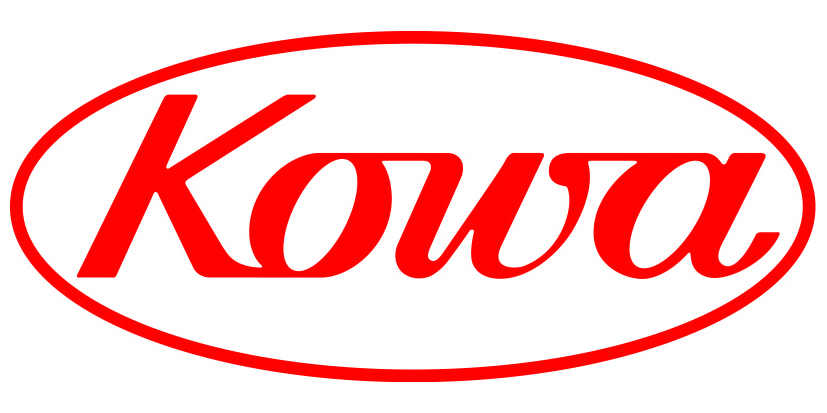
The glycoPEGylated FGF21 analogue, pegozafermin, is generally well tolerated and associated with clinically meaningful reductions in liver fat, measures of liver function, and circulating lipids. These are the recent findings of a Phase 1b/2a double-blind, placebo-controlled, multiple-ascending-dose study of pegozafermin (3, 9, 18, or 27 mg once weekly; 18 or 36 mg once every 2 weeks) in 81 adult patients with non-alcoholic steatohepatitis (NASH) and stage F1-F3 fibrosis, or non-alcoholic fatty liver disease (NAFLD) and a high risk of NASH (NCT04048135).
By week 13, significant reductions in least squares mean (LSM) absolute differences in hepatic fat fraction were seen with pegozafermin compared to pooled placebo (3mg once weekly: −8.9% [95% CI −14.8 to −3.1; p=0.0032]; 9 mg once weekly: −11.5% [−16.1 to −6.9; p<0.0001]; 18 mg once weekly: −8.9% [−13.7 to −4.2; p=0.0004]; 27 mg once weekly: −14.9% [−20.1 to −9.7; p<0.0001]; 18 mg once every 2 weeks: −10.4% [−14.7 to −6.1; p<0.0001]; 36 mg once every 2 weeks: −11.1% [−16.2 to −6.0; p<0.0001].
Significant LSM relative reductions versus pooled placebo were also seen in alanine aminotransferase (ALT) and aspartate aminotransferase with pegozafermin, mainly at higher doses. Triglyceride (TG) concentrations were normalised (<150 mg/dL) in eight (53%) of 15 participants in the pooled pegozafermin group who had high baseline TG concentrations (>200 mg/dL). This was not seen in any of the pooled placebo group.
Adverse events were reported in eight (44%) of 18 participants in the pooled placebo group, six (86%) of seven in the 3 mg once weekly pegozafermin group, four (33%) of 12 in the 9 mg once weekly group, seven (64%) of 11 in the 18 mg once weekly group, seven (70%) of ten in the 27 mg once weekly group, eight (57%) of 14 in the 18 mg once every 2 weeks group, and eight (89%) of nine in the 36 mg once every 2 weeks group.
The most common treatment-related adverse event was mildly increased appetite (in 10 [16%] of 63 participants in the pooled pegozafermin group vs none of 18 in the pooled placebo group). This was not associated with increased body weight. Two patients discontinued treatment due to an adverse event (one each in the 27 mg once weekly and 18 mg once every 2 weeks groups). No treatment-related serious adverse events or deaths occurred. Anti-drug antibodies were detected in 41 (65%) of 63 participants treated with pegozafermin.
The researchers conclude that pegozafermin has considerable potential for the treatment of NASH and other metabolic diseases.
Reference
Loomba R, Lawitz EJ, Frias JP et al. Safety, pharmacokinetics, and pharmacodynamics of pegozafermin in patients with non-alcoholic steatohepatitis: a randomised, double-blind, placebo-controlled, phase 1b/2a multiple-ascending-dose study. Lancet Gastroenterol Hepatol. 2023 Feb;8(2):120-132. Epub 2022 Dec 12.







